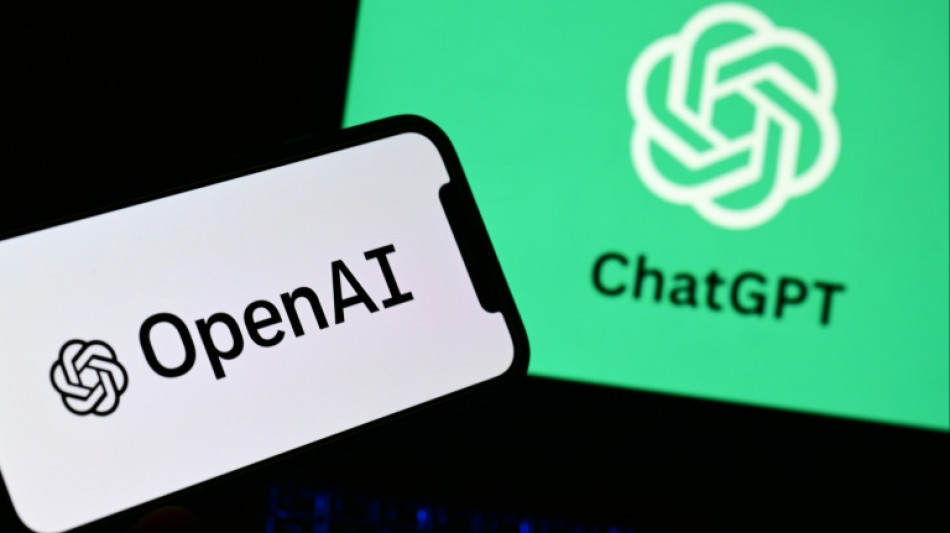
RBGPF
0.1000


A German court ruled Tuesday that OpenAI has infringed copyright law by using song lyrics to feed its chat models in a case that could have wide implications for European artists.
The Munich court found that the maker of ChatGPT was not entitled to use song lyrics to train its artificial intelligence without licences, and that the artists who wrote them are entitled to compensation.
"Both the memorisation in the language models and the reproduction of the song lyrics in the chatbot's outputs constitute infringements of copyright law," the court ruled.
The case was filed in November 2024 by German music rights body GEMA on behalf of the artists behind nine German songs.
GEMA, which represents more than 100,000 composers, songwriters and publishers, accused OpenAI of reproducing protected song lyrics without having purchased licences or paid the creators.
San Francisco-based OpenAI argued it had not broken the law because its language models do not store or copy specific data but rather reflect in their settings what they have learnt, according to the court.
With regard to the AI chatbot, it is users who are the producers of its output and are responsible for it, OpenAI argued.
But the court on Tuesday ruled that the plaintiffs were entitled to compensation "both on the basis of the reproduction of the texts in the language models and their reproduction in the outputs".
In a statement on Tuesday, OpenAI said that "we disagree" with the ruling and that the company was "considering next steps".
"The decision is for a limited set of lyrics and does not impact the millions of people, businesses and developers in Germany that use our technology every day," it said.
"We respect the rights of creators and content owners and are having productive conversations with many organisations around the world, so that they can also benefit from the opportunities of this technology."
- 'Milestone victory' -
OpenAI has faced several court cases in the United States, with media groups and authors among those claiming that the company's ChatGPT chatbot has been trained on their work without permission.
But GEMA's challenge is the first major case of its kind in Europe, the music rights group said.
Law firm Raue, which represented GEMA in the case, said the ruling "sets an important precedent for the protection of creative works and sends a clear signal to the global tech industry".
The ruling has provided "legal certainty for creative artists, music publishers and platforms throughout Europe and is likely to have an impact far beyond Germany", it said in a statement.
Kai Welp, the head of GEMA's legal department, said it was "crucial for authors receive remuneration for the commercial exploitation of their works so that they can make a living".
"It is to be hoped that today's decision will increase the willingness of AI companies to negotiate and that, in this way, fair remuneration for our members can be agreed," Welp said.
The verdict could also have implications for other types of creative content, according to GEMA.
The German Journalists' Association also welcomed the ruling, hailing it as "a milestone victory for copyright law".
Y.Su--ThChM